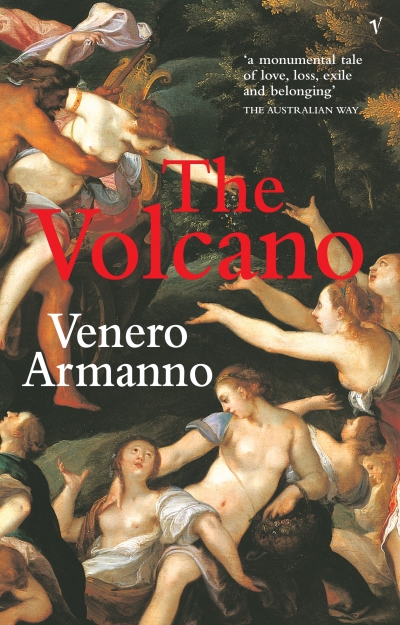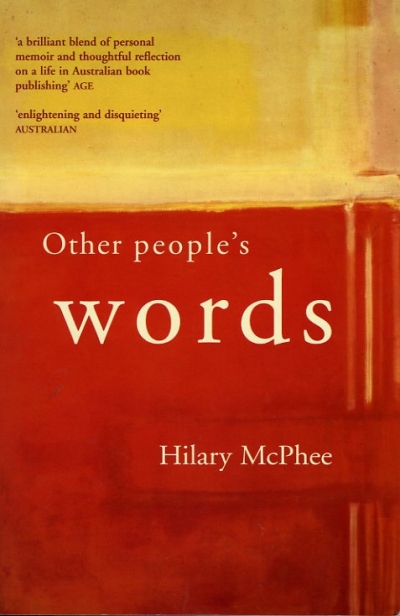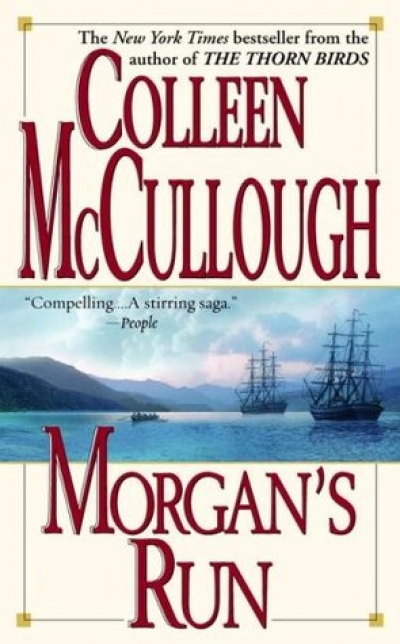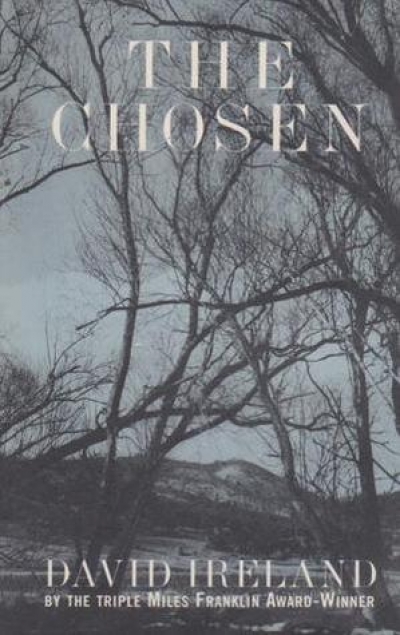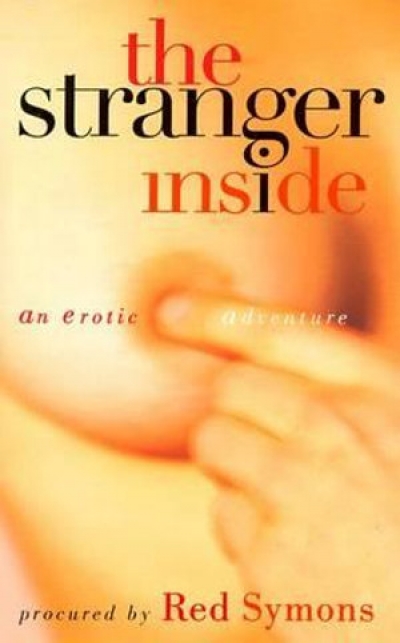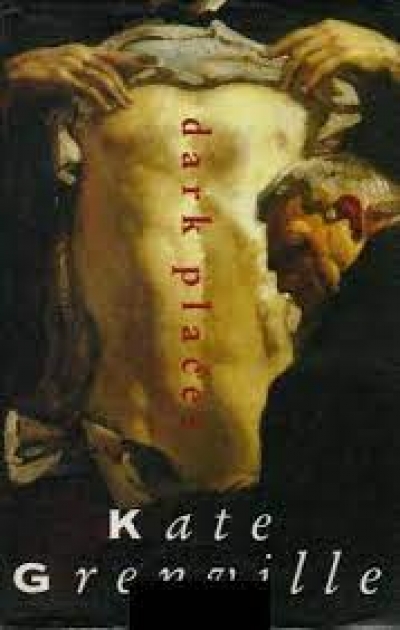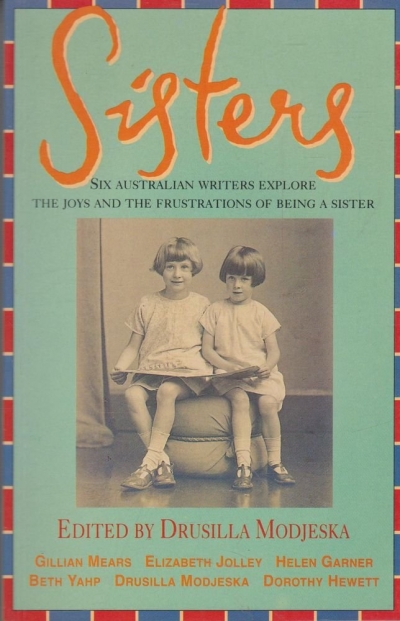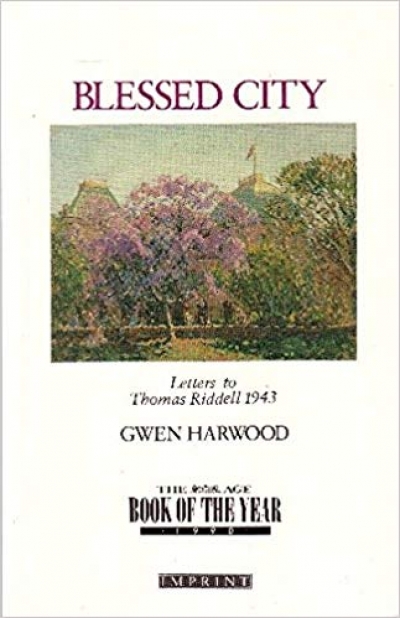Kerryn Goldsworthy
‘AT NIGHT,’ wrote Charmian Clift one summer in the late 1950s on the Greek island of Hydra where she lived with her husband and children, where the harbour village had been invaded by summer tourists, where teams of local Greek matrons invaded the kitchen in relays to monitor the foreign woman’s housework and mothering techniques ...
... (read more)Like much else about this novel, its title The Chosen is not the relatively straightforward affair it may, at first, appear to be. One assumes for the first hundred pages or so that the ‘chosen’ are those citizens of the small NSW Southern Tablelands town of Lost River who have been chosen by a randomising computer program to have their lives represented in the commemorative tapestry being woven as a civic project along with two other pet Town Council proposals, a new jail and a high-temperature incinerator. It’s a mode that critic Ken Gelder has called ‘dark pastoral’.
... (read more)The Stranger Inside: An erotic adventure edited by Red Symons
There have been three years now of ‘Australian Voices’, but when in all that time have you heard a voice? The metonymic use of the word ‘voice’ to mean ‘way of using language’ has become so familiar we forget it’s figurative. But as far as sensory experience is concerned, reading this series has been about the look of typeface, the feel of paper; the only noise has been the turning of the pages. We’ve heard Australian voices in silence.
... (read more)
